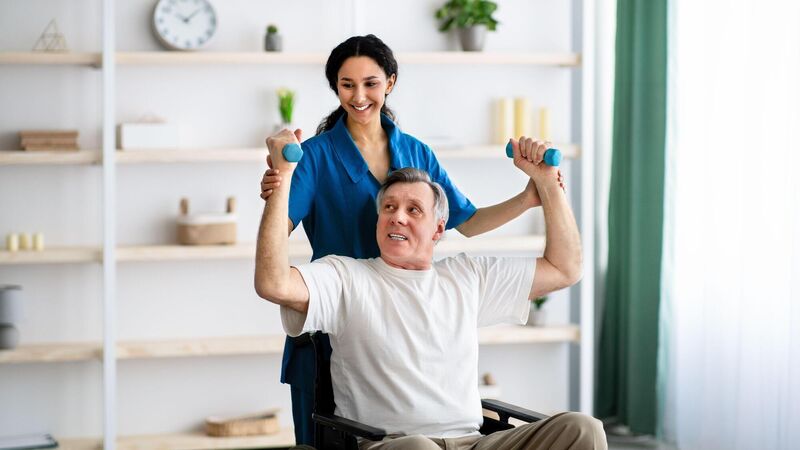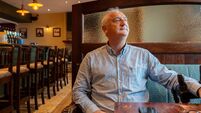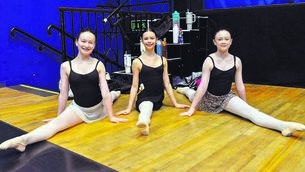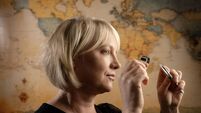How to support friends and family after a stroke

Early and consistent rehabilitation gives people the best possible chance to regain skills and confidence, says Willett.
Strokes are a leading cause of adult disability in Ireland, and occur when the blood supply to part of the brain is cut off by a blood clot or haemorrhage, killing brain cells.
The effects can vary widely, depending on where the stroke happens in the brain, and how big the damaged area is.
To mark World Stroke Day (October 29), Sarah Adderley, an associate director at the Stroke Association in the UK, and Austin Willett, CEO of Different Strokes, which promotes independent stroke recovery for younger survivors, had this advice.
Early and consistent rehabilitation gives people the best possible chance to regain skills and confidence, says Willett, while ongoing access to therapy and support helps sustain progress over the long-term.
“Listening, understanding, and tailoring rehabilitation to the person not the diagnosis makes all the difference,” he stresses. “Access to timely, specialist rehabilitation is crucial - no-one’s recovery should be held back by gaps in the system or time-limited services.”
Adderley says survivors whose speech is impaired, for example, should have support from a speech and language therapist. Physical impairments might need support from a physiotherapist or occupational therapist.
Adderley says fatigue is a big problem after a stroke, and points out: “We hear all the time from stroke survivors that people don’t understand what they mean by fatigue - they’re not just a little bit tired, they’re exhausted, and they have to stop when they hit that point in a day.
“Those hidden impacts can be as significant as the physical ones that are quite visible.”
She explains that for some, post-stroke fatigue “can last forever”. It might be better on some days than others, and some survivors might regularly need a nap so they can ‘reset’.
Adderley says there are practical ways family members can help stroke survivors, such as encouraging them to practice therapeutic exercises they’ve been given. “So with speech therapy, physio, etc, practice and repetition is key,” she stresses. “Definitely, with communication issues, we know that if people are encouraged to talk and communicate with loved ones and find ways to make sure they’re connecting, that’s really, really powerful.”
Adderley says it can be tempting to finish sentences for people who’ve got speech difficulties after a stroke, but it’s not always the best thing to do. “It’s human nature to finish other people’s sentences or jump in if there’s a long silence, when actually, for someone with communication difficulties, you need to give them time to process it before they actually try and get the answer out,” she explains.
Willett says it’s very important to help stroke survivors connect with others who truly understand what they’re going through. “To combat isolation, a sense of community and belonging can be vital for wellbeing,” he explains, “offering hope, encouragement, and the reassurance that no-one has to face recovery alone.”
6. Remember it’s not just the stroke survivor that needs support
Family members and carers also need support. Willett says: “They play an essential role in recovery, yet the toll on them is often overlooked.”
Adderley says: “It’s about giving carers the ‘permission’ to know the stroke’s impacting them as well, and they can seek help for their needs as well as the stroke survivor.”
Adderley stresses that just knowing there are specialist support organisations out there is critical. “So many people feel like they fell off a cliff after a stroke and feel really lonely, so knowing they can get support from people who understand what they’re going through is really key.”
Recovery can take years, says Willett: “We shouldn’t impose arbitrary time limits on progress - people often keep making small but meaningful improvements long after the early months.” Adderley adds: “You see people doing things nobody anticipated, and reaching goals that people thought were unachievable. So the recovery period is ongoing.”







 App?
App?


